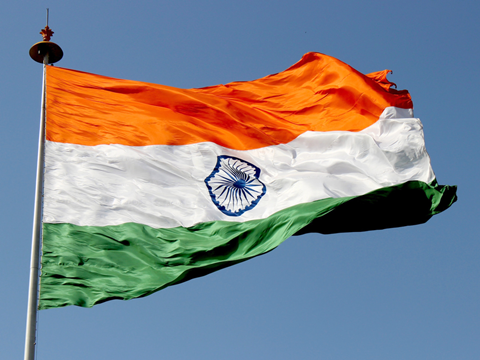
India’s Ministry of Environment, Forest and Climate Change has amended its Plastic Waste Management Rules to mandate the provision of plastic packaging information via an on-pack barcode, QR code, or unique number; publicize the compliance of market operators; and introduce sanctions for broken rules.
Starting from 1st July 2025, operators on the Indian market, whether producers, importers, or brand owners (PIBOs), will be expected to comply with updated marking and labelling requirements for plastic packaging under Rule 11.
The PIBO’s name, a registration number generated by the Central Pollution Control Board’s centralized online portal, and other required information must be provided on-pack via barcode or QR code.
Alternatively, it can come in the form of a product information brochure provided alongside the packaging; or, provided that all the provisions of Rule 11 are fulfilled, a unique number can be displayed on-pack.
This amendment is intended to make plastic products more traceable throughout their life cycle and hold the relevant industry players accountable for their environmental impact – aligning with the Extended Producer Responsibility (EPR) expectations set out in the Plastic Waste Management Rules, 2016. It also hopes to provide consumers and authorities alike with detailed information about a plastic pack.
When they use any of the aforementioned methods to label their packaging, PIBOs will be required to inform the Central Pollution Control Board; this information will be compiled in a list on the CPCB website, which is set to be updated quarterly.
The updated Plastic Waste Management Rules now feature a Rule 19, which introduces a penalty for non-compliant individuals or organizations in line with Section 15 of the Environment Protection Act. Potential sanctions include an initial fine, an additional fine that increases for every day the violation continues, and potential jail time for serious or continuing violations.
Overall, the revisions aim to help cut down on plastic pollution, improve traceability and accountability, and strengthen the enforcement of EPR.
Various organizations are working to help improve recycling rates in India. Saahas Zero Waste seeks to responsibly manage over 500 tonnes of waste every day by 2026 by sorting plastic waste with CircularNet, Google’s open-source machine learning model; and a joint venture between Indorama Ventures, Dhunseri Ventures, and Varun Beverages – PepsiCo’s second-largest bottling company globally outside the US – is expected to establish several greenfield state-of-the-art PET recycling facilities in India.
In other news, OPRL has announced that it will align its Recyclability Assessment Tool with Defra’s Recyclability Assessment Methodology for packaging EPR, aiming to provide businesses with ‘valuable clarification’ about labelling expectations.
If you liked this story, you might also enjoy:
Reuse vs. single use – which is better for the environment?
Sustainable Innovation Report 2025: Current trends and future priorities
What can the world learn from South Korea’s world-leading performance in plastics circularity?














No comments yet